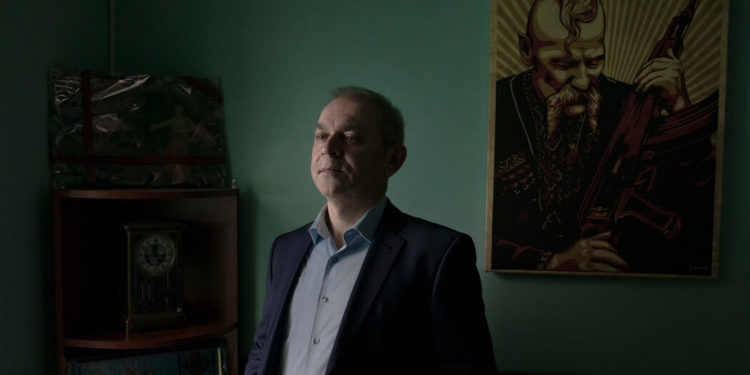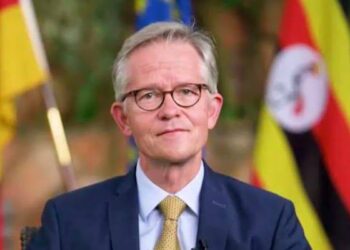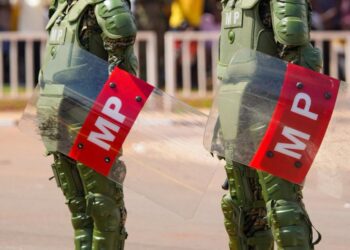By THE NEW YORK TIMES
A high-profile Ukrainian former politician who has become central to the country’s effort to obtain weapons was arrested on corruption charges earlier this month, officials said.
The ex-politician, Serhiy Pashinsky, was a longtime member of Ukraine’s Parliament who spent much of his career denying accusations of self-dealing. After Russia’s invasion, senior government officials called on him to help arm the military.
The New York Times reported last year that a company tied to Mr. Pashinsky, Ukrainian Armored Technology, had become the biggest private arms supplier in Ukraine and that authorities were investigating the company.
Prosecutors recently accused Mr. Pashinsky and five other men of participating in a convoluted fuel-buying scheme that they said had defrauded the Ukrainian government out of about $25 million several years before the war started. Mr. Pashinsky denied the charges.
The accusations do not relate to weapons procurement.
Mr. Pashinsky’s arrest reflects the tensions of wartime Ukraine under President Volodymyr Zelensky. His government has made a series of high-profile moves to root out corruption and assure Western allies that Ukraine is a reliable ally committed to the rule of law. But Ukraine also urgently needs weapons and has rolled back years of anticorruption measures in order to speed up procurement.
Mr. Zelensky once criticized Mr. Pashinsky on national television. “Go out on the streets and ask whether Pashinsky is a criminal,” Mr. Zelensky he said in 2019. “I guarantee you that out of 100 people, 100 will say that he is a criminal.”
When the war broke out, his government turned for help to Mr. Pashinsky and other figures from a more rough-and-tumble era. Mr. Pashinsky excelled at the job, military officials said.
Mr. Pashinsky has denied running Ukrainian Armored Technology. In a hearing earlier this month, a prosecutor said that the authorities had found evidence that he indeed controlled the company.
Ukraine’s High Anti-Corruption Court this week imposed bail of more than $7 million for Mr. Pashinsky. He said in a Facebook post that the bail had been posted by companies from an arms industry trade group that he heads.
“I am deeply ashamed that funds meant for weapon production were used as bail for me on false charges,” he wrote.
When reached by a reporter, Mr. Pashinsky declined to comment. “Call after the war,” he said.
Justin Scheck and Natalia Yermak contributed reporting.







Discussion about this post